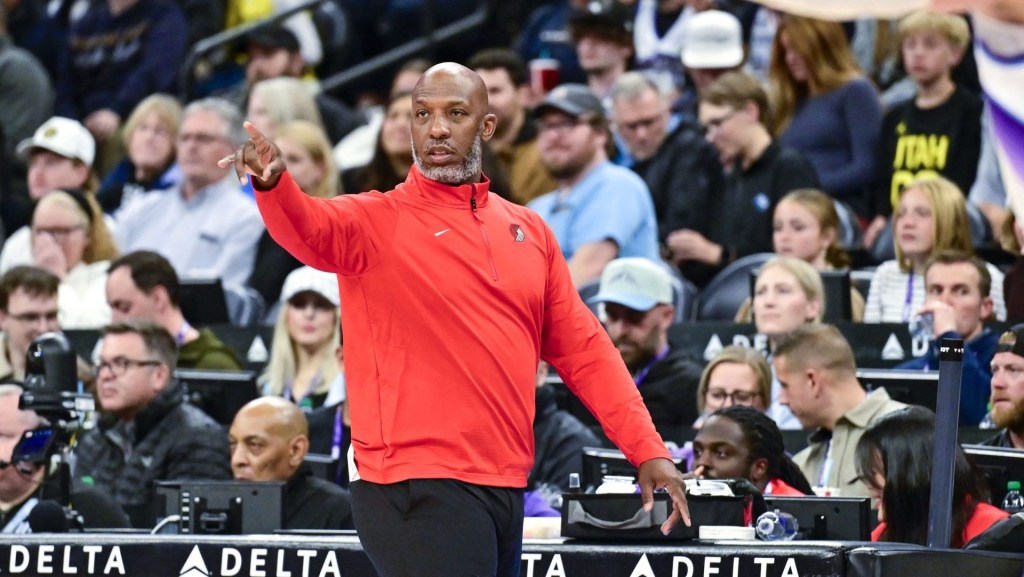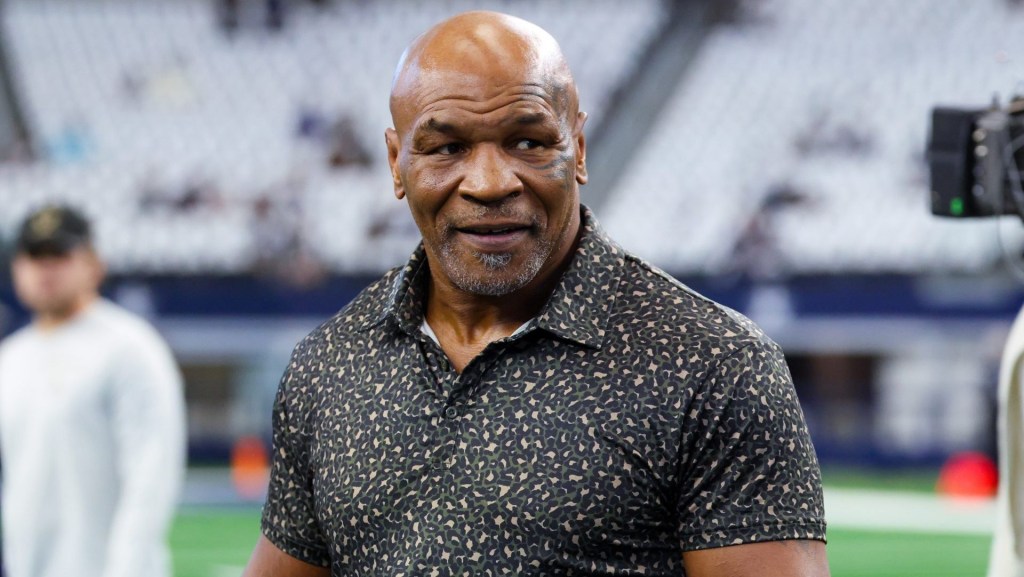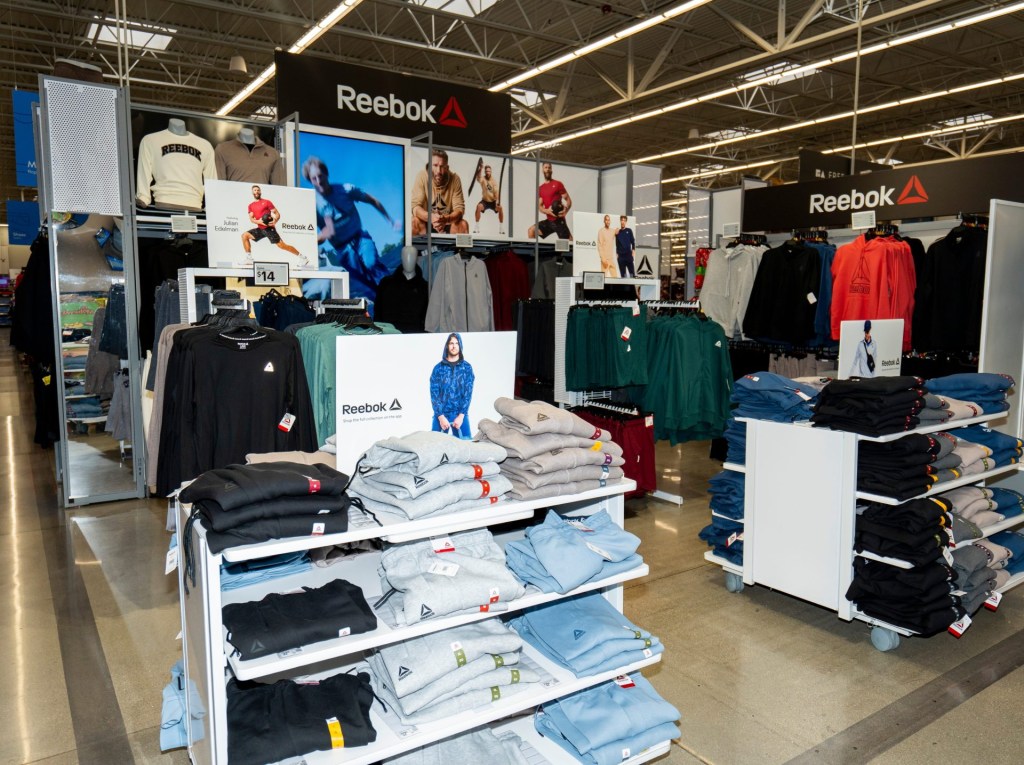DraftKings accused former executive of hatching “a secret plan” to steal customer information before defecting to Fanatics, according to a federal lawsuit obtained by Front Office Sports.
The civil complaint filed in Massachusetts on Monday alleges that Michael Hermalyn, who was recently hired as the president of Fanatics VIP, aimed at high-volume bettors, “stole many of DraftKings’ most commercially sensitive documents.” Hermalyn held the same role with DraftKings for more than three years before his abrupt departure Thursday.
“Hermalyn knows DraftKings’ playbook on how to engage and retain VIP clients,” the complaint states. “On information and belief, Hermalyn, acting in concert with Fanatics, timed his departure and theft of confidential information to coincide with the critical days leading up to the Super Bowl to further a scheme to irreparably interfere with DraftKings’ customer and business relationships by pursuing those relationships at Fanatics using the confidential information and goodwill that he obtained at DraftKings.”
Hermalyn, the complaint alleges, “clandestinely” met with Fanatics CEO Michael Rubin and other executives at last year’s Super Bowl and later “improperly” encouraged his DraftKings subordinates to do the same.
According to the lawsuit, the internal probe into Hermalyn’s conduct began after “numerous female DraftKings employees” made the company aware of workplace misconduct. The allegations included that Hermalyn “engaged in unwelcome physical contact with a female employee without her consent” and “made inappropriate comments regarding his female colleague’s physical appearance.”
In response to the suit, a Fanatics spokesperson said in a statement: “This is just sour grapes. DraftKings is understandably upset that one of its employees left for the greener pastures at Fanatics. The fact that they are trying to drum up ridiculous allegations on one of their well-respected executives in an attempt to ruin his reputation sheds some light on why employees may be choosing to leave that organization.”
Fanatics launched a sports betting offering last year, and its shareholders approved the company’s $225 million purchase of PointsBet’s U.S. assets in June.
A message left with a Fanatics spokesperson was not immediately returned.
DraftKings is seeking a temporary restraining order to keep Hermalyn from “directly or indirectly providing any services to Fanatics or its subsidiaries.” The lawsuit comes after Hermalyn filed his own in Los Angeles County seeking to challenge his noncompete agreement with DraftKings, according to the legal news site Daily Journal.
DraftKings, however, countered that Hermalyn “fraudulently attempted to establish California residency during his 48-hour visit so he could resign from DraftKings and try to invalidate his noncompete agreements in California state court only a few days later,” according to the federal complaint.
An email from Hermalyn’s work account Jan. 29 informed two DraftKings employees that a “close friend” had died and he would be taking two days off. Hermalyn lives in the New York area and makes trips to DraftKings’ headquarters in Boston, but geolocation data showed that at the time he was at Fanatics’ offices in Los Angeles, the lawsuit stated.
Hermalyn received “millions of dollars of compensation” from DraftKings as part of his agreement “not to use or disclose confidential DraftKings information” or compete against DraftKings, the lawsuit stated.
The allegations laid out in the complaint echo accusations against another part of Fanatics’ empire: trading cards. Panini America alleged in an August lawsuit that Fanatics “launched a raid of Panini employees and tortiously interfered with those employees’ contracts with Panini.” That lawsuit, originally filed in Florida, was consolidated with Fanatics’ lawsuit against Panini in U.S. District Court for the Southern District of New York.
“With the aid and encouragement of Fanatics, these employees stole Panini’s trade secrets and helped Fanatics recruit other employees away from Panini, each in violation of their employment contracts with Panini, specifically the proprietary-information and non-solicitation provisions,” Panini alleged in an October filing.
Fanatics—which purchased Topps for about $500 million two years ago and signed exclusive, long-term deals with the NFL, NBA, MLB and their players unions—countered in a Jan. 26 filing that “neutral forensic evidence has confirmed that no former employee ever accessed any Panini-related information.”
After the NFLPA moved to terminate its deal with Panini two years before it expired to start a 20-year partnership with Fanatics early, an arbitrator denied the NFLPA emergency relief. That ruling, first reported by FOS in September, allowed Panini to continue to sell NFLPA-licensed products.
In its October filing, Panini also alleged Fanatics used “unlawful means” to hire 36 Panini employees to set the stage for NFLPA and WWE to argue there had been a substantial change to Panini’s executive team to trigger termination provisions.
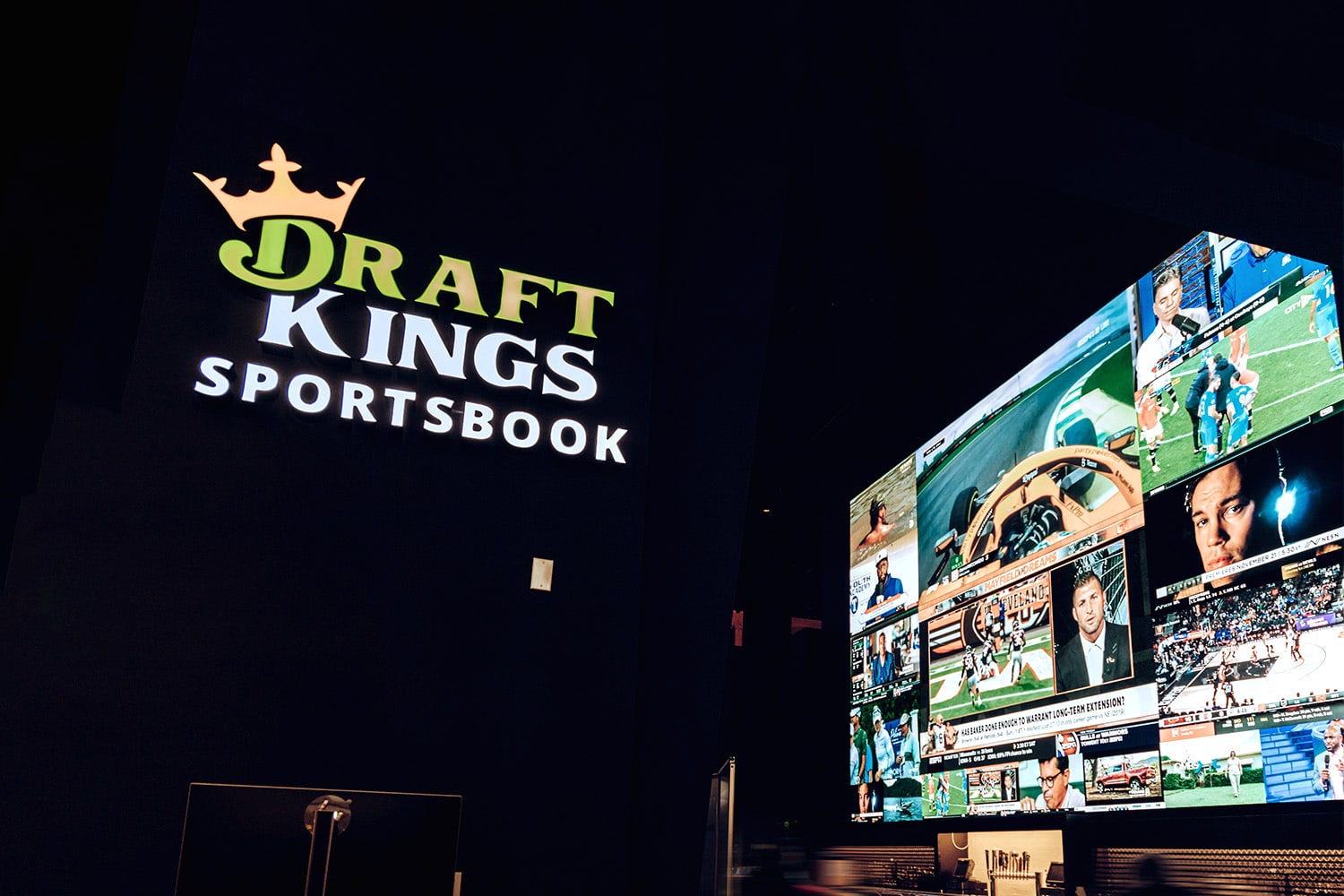
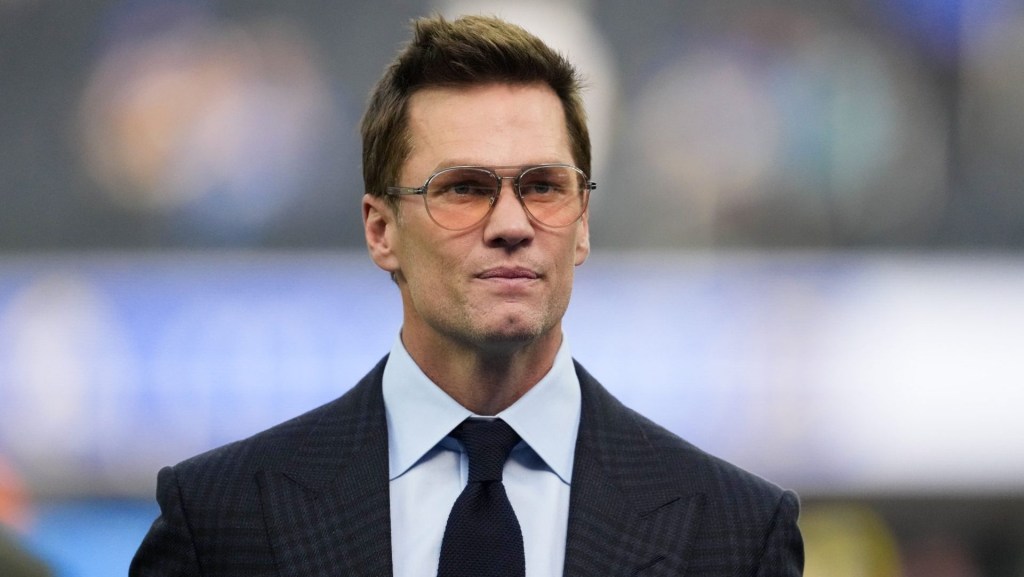
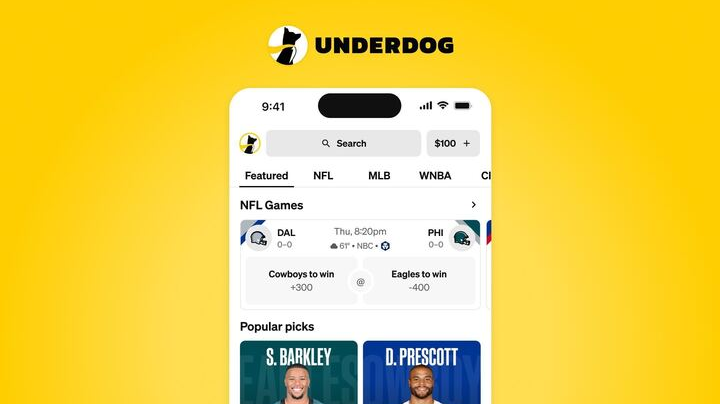

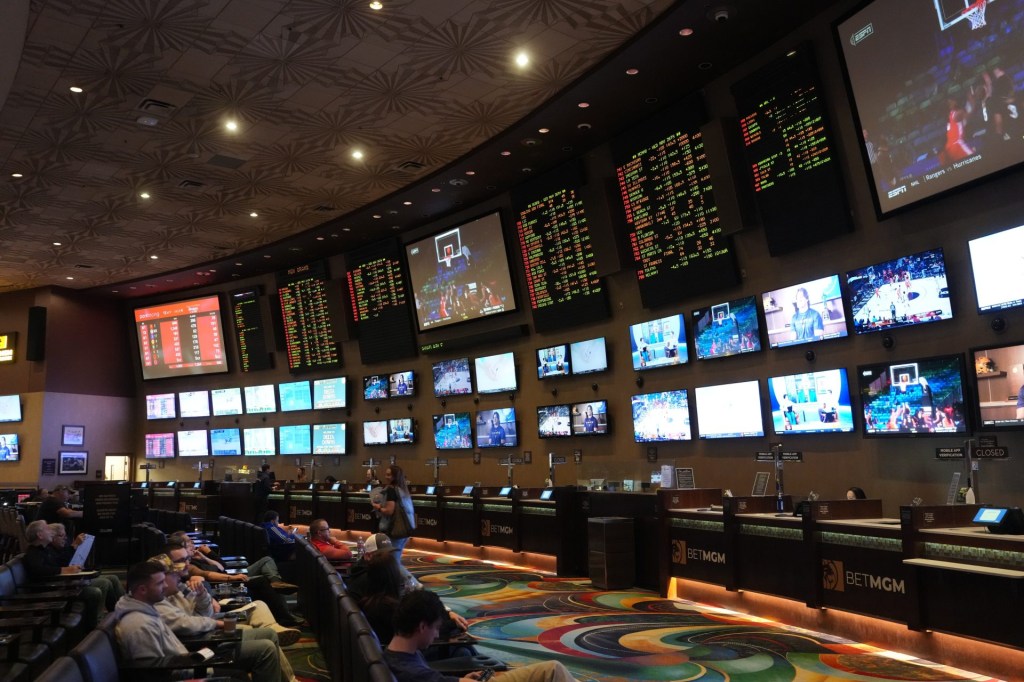


![[Subscription Customers Only] Jun 15, 2025; Seattle, Washington, USA; Botafogo owner John Textor inside the stadium before the match during a group stage match of the 2025 FIFA Club World Cup at Lumen Field.](https://frontofficesports.com/wp-content/uploads/2026/02/USATSI_26465842_168416386_lowres-scaled.jpg?quality=100&w=1024)
![[Subscription Customers Only] Jul 13, 2025; East Rutherford, New Jersey, USA; Chelsea FC midfielder Cole Palmer (10) celebrates winning the final of the 2025 FIFA Club World Cup at MetLife Stadium](https://frontofficesports.com/wp-content/uploads/2026/02/USATSI_26636703-scaled-e1770932227605.jpg?quality=100&w=1024)
